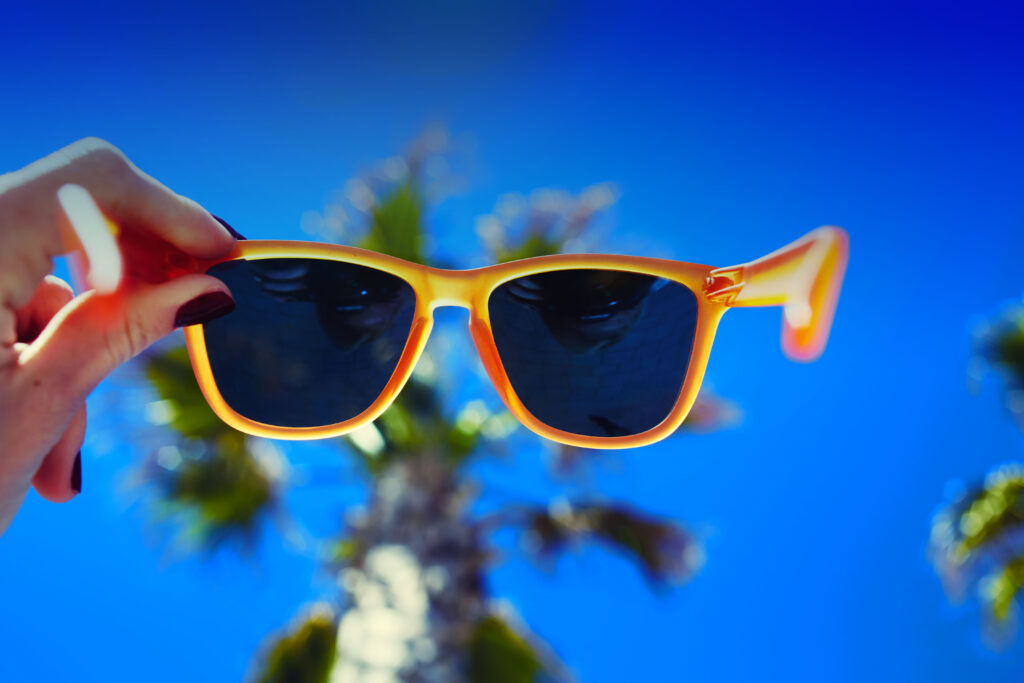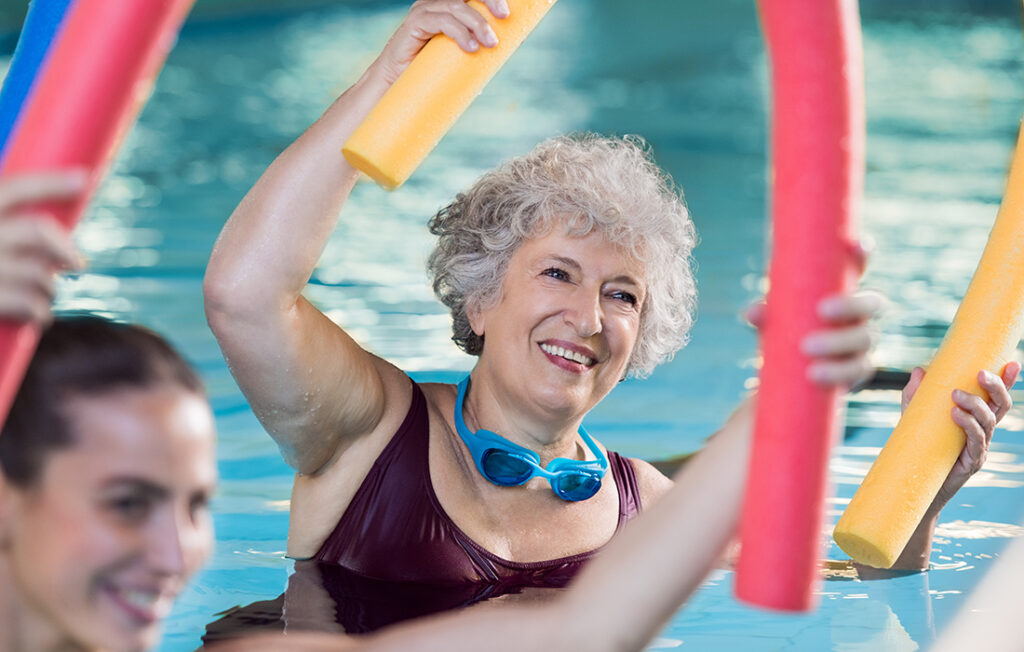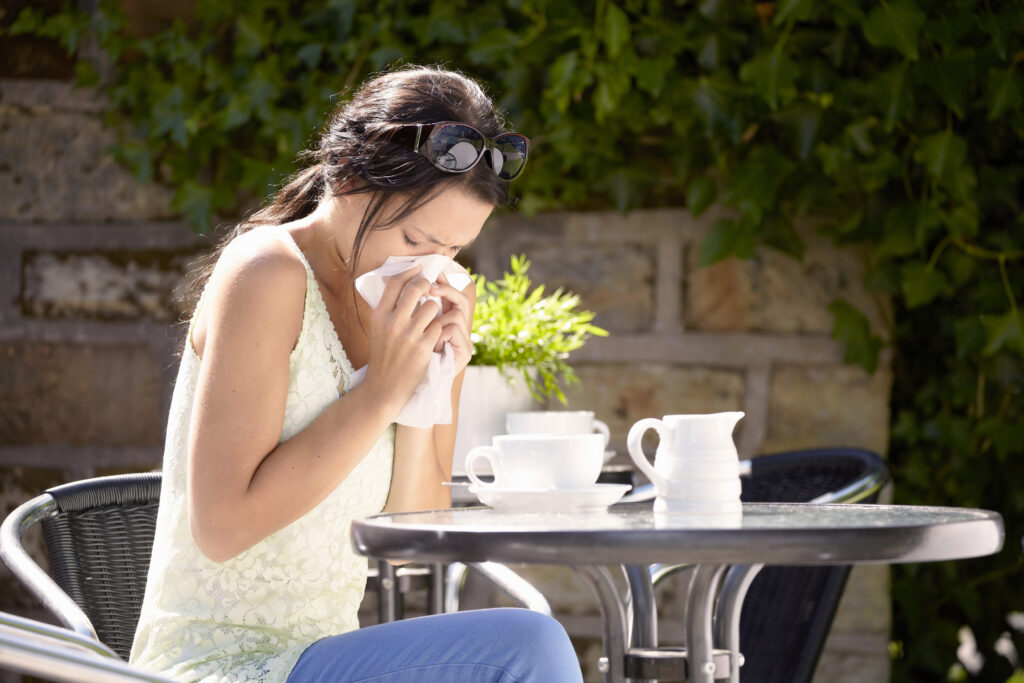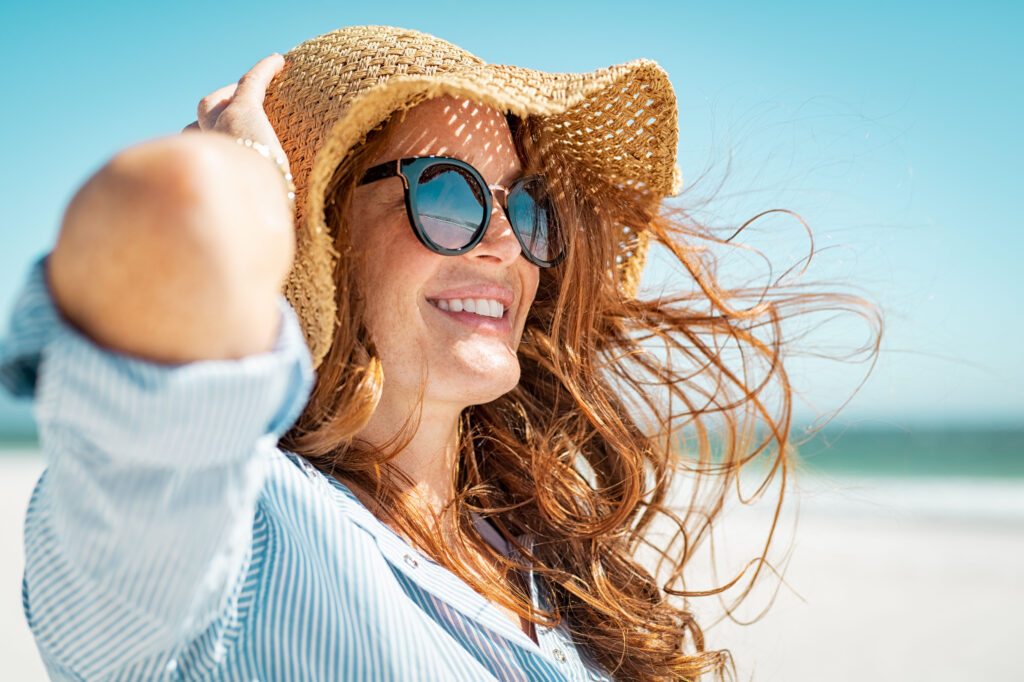Top Summer Eye Health Tips You Won’t Want To Miss

By Mark Shelton, Optometrist and Clinical Development Coach at Bayfields Opticians and Audiologists
With summer temperatures predicted to be hotter than normal in the UK this year and more Brits predicted to leave these shores for warmer climates, an optometrist expert is advising not to overlook your eye health this summer.
Whether on the beach, in the water, or enjoying other outdoor activities, the warmer months can pose more of a risk to our eye health.
1 Wear sunglasses whatever the sunny occasion
Sunglasses are more than a fashion statement; they should be worn with safety in mind first, followed by style.
Whether you’re out driving, walking, relaxing by the pool reading or sunbathing, a good pair of sunglasses is essential. Not only will they bring you added comfort and protection, but choosing a great style will also add to your look.
2 Check the UV rating on your sunglasses
Your eyes are more susceptible to UV light than your skin. UV rays can cause serious damage to your eyes, as well as the thin and fragile skin around your eyes, if not protected. Cataracts, growths, ulcers and macular degeneration can develop, as well as cancers of the eye and sunburned corneas.
UV light is penetrating our atmosphere more than ever, so, it’s important to make sure that you wear sunglasses with 100% UV protection whenever you’re outside on a sunny day.
3 Replace your contact lenses when swimming
To ensure your eyes are better protected in pools or in the sea, take your contact lenses out and replace with goggles which can offer protection against chlorinated water and saltwater.
If you don’t, bacteria could latch onto the contact lenses and may lead to an eye infection.
While some contact lenses provide UV protection, they won’t protect your eyes to the same level as sunglasses so even contact lens users should still use sunglasses.
4 Wash your eyes thoroughly after being in the sun
Our eyes take some stick when we go on holiday and in the bright summer months. On top of the damaging UV rays from the sun, we can get water, sun cream and sand in our eyes, which can lead to irritation or potentially infection.
Chlorinated water can be dangerous to your eyes, affecting the natural tear film that keeps them moist and healthy. After taking off your goggles, splash your closed eyes with fresh water to ensure you’ve washed out any harmful chemicals.
Our eyes can normally naturally flush out sand with tears and blinking, but to avoid further pain, you should avoid rubbing your eyes, blink several times, and try lifting the upper eyelid above the lashes of your lower lid to try and brush the particles out. If none of this works, and irritation persists, try using eyewash, saline or running water to flush your eye out.
When it comes to sun cream, apply it carefully and slowly to your face, avoiding eyes and eyelids. Avoid using spray-on sun creams, or if you have to, don’t spray it directly into your face. Instead, spray it into your hands and rub it onto your skin. If sun cream does get into your eyes, try to flush it out with running water – this will remove the cream but might relieve the discomfort. If not, apply cool, wet compresses to the eye for relief.
5 Be aware of pollen levels
Hay fever is a common problem each year and causes problems with the eyes because pollen particles set off an allergic reaction in the conjunctiva (allergic conjunctivitis) – the transparent membrane which covers the eye. Hay fever sufferers could feel the effects more during the summer months, so acting quickly when symptoms arise can help you resolve problems before they escalate.
To minimise the effects of pollen, bathe your eyes regularly in cold water, wash your hair, face and eyebrows and use medication if needed. Even avoiding alcohol can potentially decrease hay fever symptoms because it produces histamine in your body.
Also keep an eye out on what the Met Office says on their website because they produce a pollen forecast.
6 Keep your cool in the midday sun
This is the time the sun shines brightest, and UV rays are at their peak.
By spending time in the shade during the highest heat of the day – between 11am and 3pm – you will not only minimise the risk of exhaustion, dehydration, or heat stroke, but it will better protect your eyes too.
If you must go out into the sun, ensure your eyes are covered with 100% UV protective sunglasses that filter UV light, on top of wearing sun cream and protective clothing, like long sleeved tops or a wide-brimmed hat or cap.








